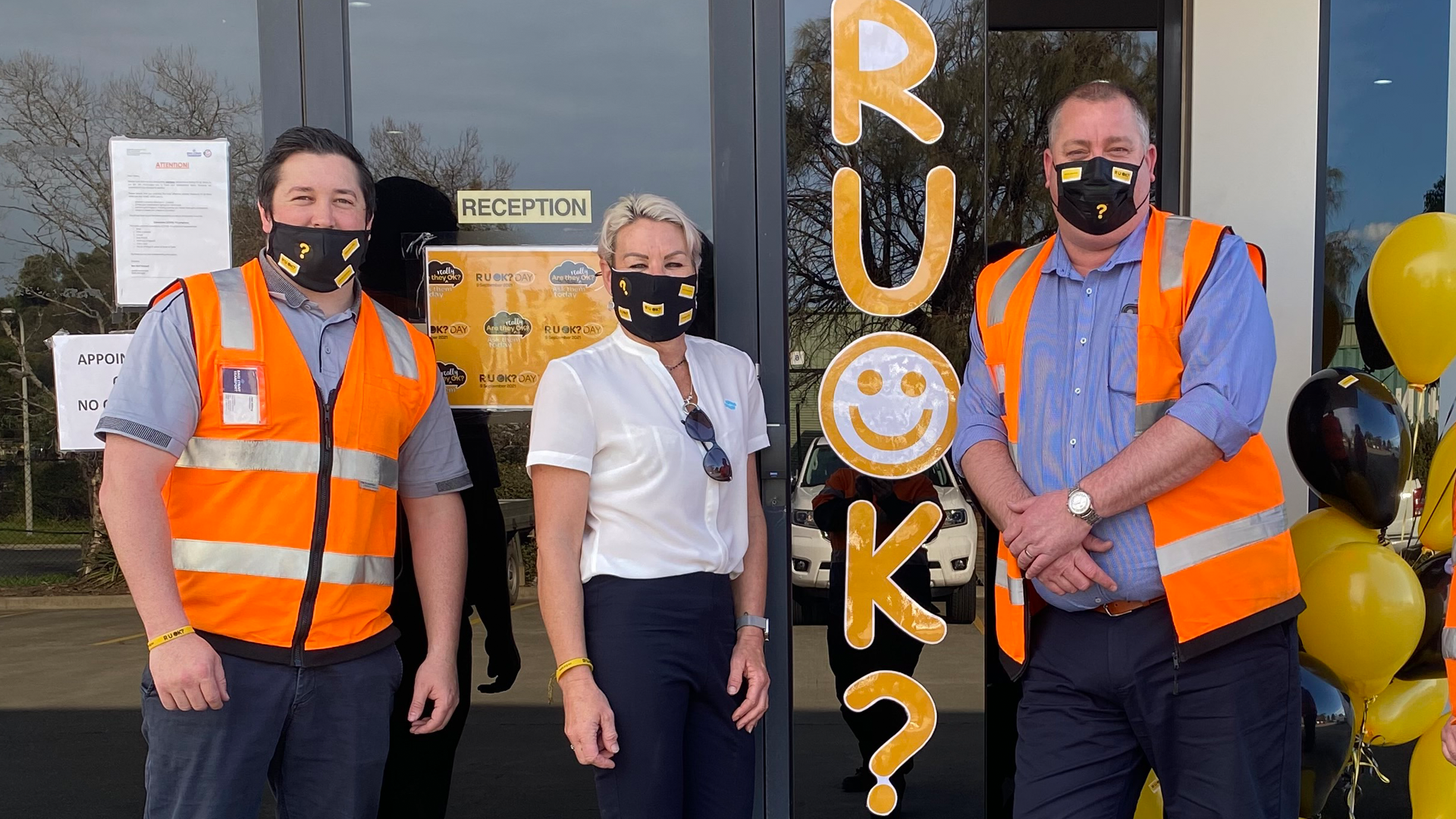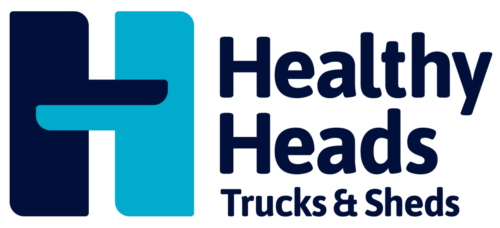
Sandra
Meet Sandra, Human Resources, Bass Strait Transport
Sandra, 53, has been in the road transport, warehousing and logistics industry for 25 years and currently works in HR at Bass Strait Transport. Sandra has experienced her fair share of ups and downs from dealing with health struggles to experiencing the loss of colleague. These experiences fuel her passion for creating mentally healthy workplaces and serve as a reminder that at the end of the day, behind our work titles, high vis vests, steel caps boots, our gender or our cultural background – we are all human.
Sandra: For the first 20 years of my career, work was my life. But that’s not uncommon in our industry. Work life balance is a huge struggle. With long hours, shift work, being away from family and friends – it can feel like an endless cycle of work and rest, with not much in between.
Introducing work life balance and changing culture is a huge task, but it’s well worth the effort. I’ve noticed a shift in workplace culture in recent years. When I think back to five or so years ago, conversations about mental health, bullying and harassment were ridiculous – people were used to that ‘toughen up’ attitude and feared speaking up. They thought it would negatively impact their job or how people perceived them. However, what I’ve noticed is that when you provide opportunities for people to chat and dig a little deeper, you discover we’re all humans and we’re all experiencing similar ups and downs. People appreciate having a workplace that doesn’t shy away from the reality of life and we know it genuinely benefits the business – if your employees are happy, morale improves, and productivity is at an ultimate high. It is a win-win.
You might be thinking, how can our company introduce work life balance when we need our drivers on the road and have rotating schedules. It comes down to creating opportunities for connection at work, that aren’t work related. We have regular BBQs, where everyone comes together including management – we have a chat, laugh, kick a footy around and just spend time together. We hold get togethers at different times so everyone has the opportunity to attend. Coming together as a team strips away hierarchy and allow workers to see everyone as a person rather than a role – and that’s incredibly powerful for building morale and meaningful connection.
Working in HR or in a leadership role can be difficult because you’re often mistaken as the fun police. We need to change that perspective because I actually see my role as creating a supportive culture. To remove that stereotype, I go and visit the blokes in the warehouse wearing my steel cap boots and high vis, and give them a hand. I’m HR but I’m human too, and I’m happy to get my hands dirty. It has helped break down barriers and build rapport and respect.
You actually don’t know what someone is going through behind closed doors. They could be battling silently, unsure who to talk to or worried about the impact of sharing their struggles. But bringing people together and making it a regular thing opens doors and normalises talking about life’s challenges. We all need a safe place and safe person to talk to – I really believe it saves lives.
Recently there was a guy at work who wasn’t in a very good place, and he was experiencing suicidal thoughts. He opened up to me, we spoke about professional help. Getting it off his chest and having someone trustworthy to talk to changed his life. Another example was when a staff member broke his hip and ended up in hospital. His mental health took a hit because of the injury. A few of us went to visit him in hospital and knowing that he was supported made such a difference to his morale and recovery.
When talking to all employees, I actually prefer asking, ‘are you really OK?’ because in this industry everyone defaults to, ‘yeah I’m sweet’ because they don’t want to trouble another person, or their pride gets in the way. There is so much power in reminding everyone that no matter what you’re going through, you’re never on your own.
Anyone reading this who is in the industry and wanting to make a difference – you can. Don’t wait for the perfect moment, it may never come. Start with regularly checking in with your workmates and make R U OK? in Trucks & Sheds a part of your everyday. You will change lives.
Click here for practical tools and tips on how to drive conversations and ask, ‘are you OK?’




